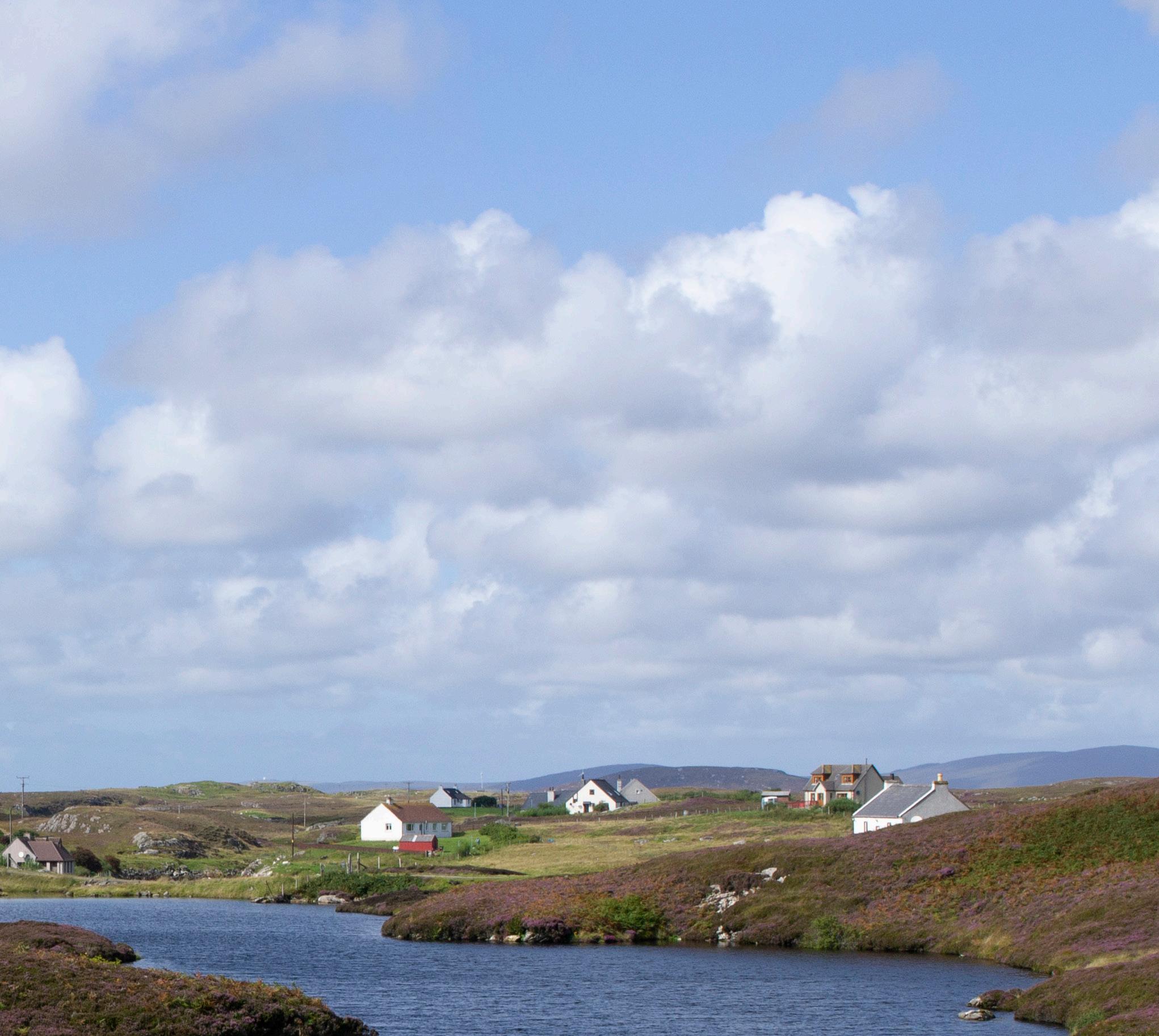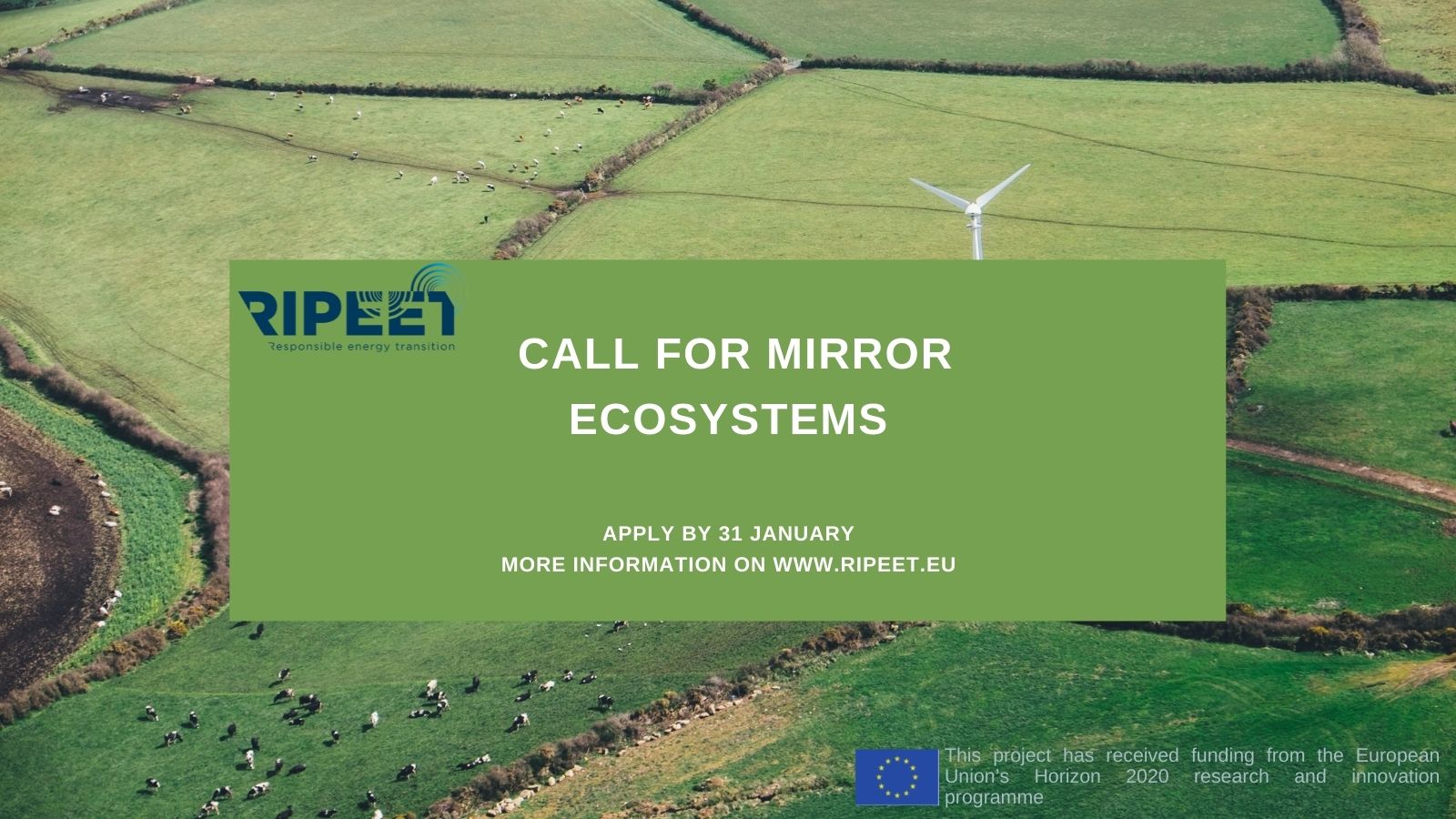RIPEET Privacy Policy
RIPEET.EU’s Privacy Policy
RIPEET is committed to protecting the privacy of all visitors to RIPEET.eu and all participants in the project (participants in our events and other activities).
By using this website or submitting your information to us in any way, you agree to us using your personal information as described below.
How we use and keep your information
When you visit our website
We use a third-party service, Google Analytics, to collect standard internet log information and details of visitor behaviour patterns (i.e. number of visitors to the various parts of the site, IP). This information is only processed in an aggregate way which does not identify anyone. We do not make, and do not allow Google to make, any attempt to find out the identities of those visiting our website.
In addition, we will make it clear, what we intend to do with your personal information, whenever we collect it (please see section below).
When we provide links to websites of other organisations, this privacy policy does not cover how such organisation process personal information. We encourage you to read their privacy policies when you visit their website.
When you register and attend one of our events
If you register to one of our events - both physical and online events - you will be asked to provide some personal data (name, organisation, email address, dietary requirements) to process your registration. We may use your email address to send you any related, additional information prior to and after the event. Depending on your role in the event, your name and organisation may be included in the event programme. We may share your personal data with other organisations outside the RIPEET project, with the sole purpose of event arrangements in order to provide you with registration badges, catering, internet access or online meeting links. The legitimate interests of the project constitute the legal basis for processing your personal data. The project must keep event records as evidence of activities for the funders and keep a register of the number of attendees to the events for reporting purposes. The information will be kept during the project and for 5 years after the end of the project as evidence of activities towards our funders.
When the events are held in official buildings, such as embassies or the EU institutions, we may ask you to provide us with additional personal details such as your date of birth and passport number. The purpose for this collection is the security measures imposed by the hosting institution, with whom the data will be shared for the above-mentioned reasons. The legitimate interests of the project constitute the legal basis for processing your personal data, i.e. to run a safe event. The information will be kept during the project and for 5 years after the end of the project as evidence of activities towards our funders.
We may record videos at the events as well as take pictures and, therefore, you may appear in some of the videos and photos. For online events, we may also record the sessions. We will ask for your consent to record footage and take pictures of you, as well as to record online events, and to publish it on our website and accounts on social media, before an event commences. As we rely on your consent for processing your data, you have the right to withdraw consent for data processing at any time by contacting RIPEET@errin.eu. If the videos and photos are publicly displayed on the website and the social media channels, they will be kept for as long as the website and the social media accounts are active. In addition, they will be kept for 5 years after the project ends as evidence of project activities towards our funders.
Information on relevant stakeholders
In some instances, we gather the contact details (name, email address, organisation) of relevant stakeholders from publicly available sources in order to invite you to participate in the project and to effectively disseminate the project results. The legitimate interests of the project constitute the legal basis for processing your personal data, i.e. participation in project related activities and dissemination of project results. The data will not be shared with third parties and will only be used for the above-mentioned purposes.
Disclosure of your information
We may disclose your personal information to employees and third parties (data processors) who act for us for the purposes set out in this policy or other purposes approved by you. We will not otherwise disclose any of the information you provide to us without your consent, unless we are required to do so to comply with applicable laws and lawful government and/or regulatory requests.
Note that some of the data processors acting on behalf of the RIPEET project (Microsoft, Oracle) use servers located in countries outside EEA, which have not received a binding adequacy decision by the European Commission or by a competent national EEA data protection authority. Such transfers are subject to binding and appropriate transfer mechanisms that provide an adequate level of protection in compliance with GDPR. In addition, these companies operate under the EU-US and Swiss-US Protection Shields to ensure your rights regarding data protection when the data is transferred to the US. Please find their privacy policies in the following links:
https://www.privacy.microsoft.com/en-gb/privacystatement;
https://www.oracle.com/legal/privacy/services-privacy-policy.html.
Security, storage and data retention
The information you provide to us will be held on our computers, in the servers of our cloud provider and/or in hard copy form.
We use physical and technological security measures to protect your information from access by unauthorised persons and against unlawful processing and damage. Unfortunately, the transmission of information via the internet is not completely secure and therefore we cannot guarantee the security of any data disclosed online.
Your rights
We recognise and appreciate the importance of responsible use of information collected from you.
You have the right to ask us for copies of your personal information. You have the right to ask us to rectify information you think is inaccurate. You also have the right to ask us to complete information you think is incomplete and to erase or restrict the processing of your personal information in certain circumstances. You have the right to object to processing if we are able to process your information because it is in our legitimate interests. You also have the right to lodge a complaint with the supervisory authority (ICO). For the right to access there are some exemptions, which means that you may not always receive all the information we process.
If you have queries about the personal data provided or wish to withdraw your consent for us to process your personal data, please contact: RIPEET@errin.eu.
Changes to this policy
We may change this policy from time to time by updating this page. Please check this website periodically to inform yourself of any changes. This privacy notice was last updated on 5 April 2022.
Cookies
‘Cookies’ are small pieces of information sent by a web server to an individual's device, which are then stored on the device’s hard drive.
We will not use cookies to retrieve information from your computer that was not originally sent in a cookie or for any promotional or marketing purposes nor to share information with any third parties.
We use a cookies tool on our website which relies on implied consent of users. Most web browsers automatically accept cookies. If you do not wish to accept cookies, you may set your browser to refuse them or to alert you when they are sent - please read the information that came with your browser software to see how to do this. Furthermore, browsers may also allow users to see and delete cookies one by one.








































